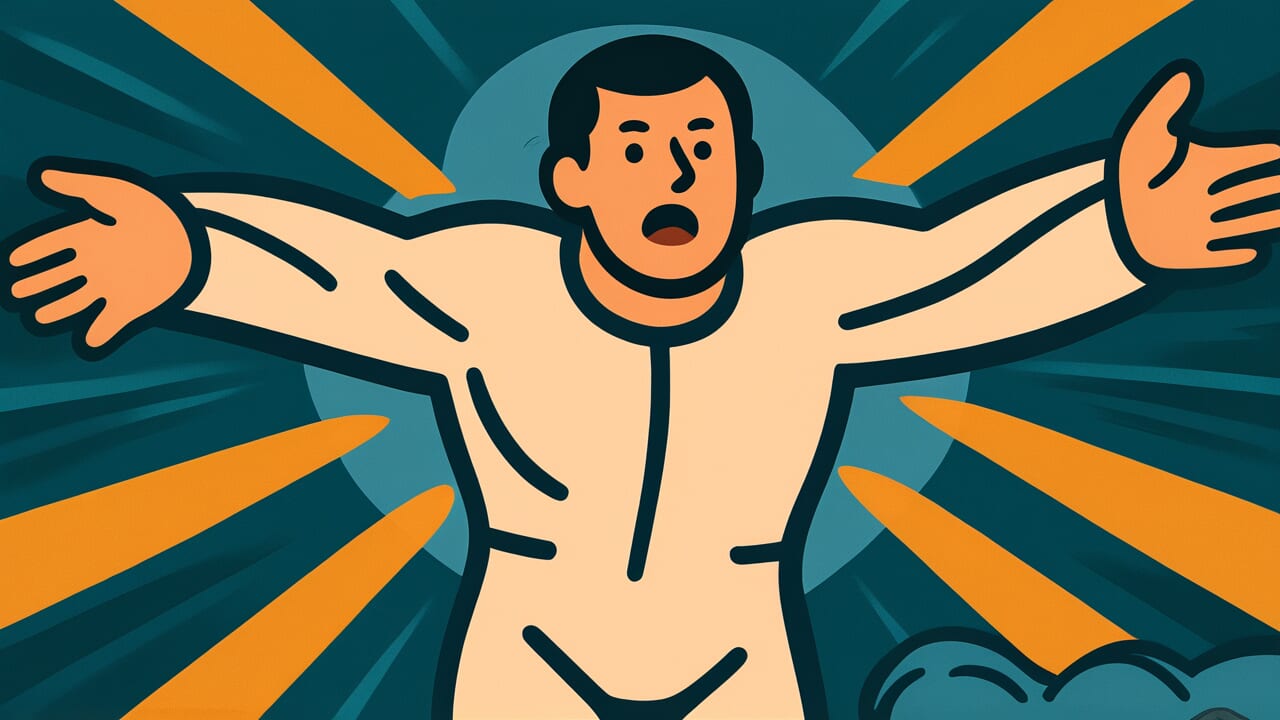How to Read “Both harm and kindness come from oneself”
Ada mo nasake mo waga mi yori izuru
Meaning of “Both harm and kindness come from oneself”
This proverb means that both the resentment and kindness you receive from others come from your own actions.
When people hate you or hold grudges against you, it’s because you treated them badly. When people are kind to you or help you, it’s because you were kind to them first.
People use this proverb when someone is having relationship troubles or complaints. It encourages them to look at their own behavior first.
When someone asks “Why do bad things always happen to me?”, this saying reminds them that the cause isn’t outside but within themselves.
Today, it’s still useful for teaching people about personal responsibility and self-improvement in relationships.
Origin and Etymology
No clear written record exists about the origin of this proverb. However, we can learn interesting things from how the words are put together.
Pairing contrasting words like “ada” (harm) and “nasake” (kindness) is common in classical Japanese literature. Harm means resentment or hostility, while kindness means compassion or thoughtfulness.
These two words show opposite extremes in human relationships. The phrase “waga mi yori izuru” (come from oneself) reveals that both extremes actually originate from within you.
This expression likely reflects Buddhist ideas about cause and effect. It also connects to the ancient Japanese concept of “kotodama” – the spiritual power of words.
The idea that your actions circle back to you has been central to Japanese moral thinking for centuries.
The verb “izuru” (come out) is especially meaningful. The proverb doesn’t say “begin” or “arrive.” It says “come out.”
This choice shows that resentment and kindness don’t come from outside. They spring from within yourself. Other people’s attitudes mirror your own actions.
This expression beautifully captures the true nature of human relationships.
Usage Examples
- If people around you seem cold lately, remember that both harm and kindness come from oneself – check your own attitude first
- She’s kind to me because both harm and kindness come from oneself – I’ve been considerate of her all along
Universal Wisdom
This proverb has lasted through generations because it understands a fundamental human psychological mechanism.
We all have a tendency to see ourselves as victims. Blaming our problems on circumstances or other people is psychologically easier. But this proverb blocks that escape route without mercy.
Human relationships are essentially interactions. The other person’s attitude is the result of seeds you planted through your words and actions.
When you feel someone is cold to you, maybe you were cold to them first. When you’re angry about being ignored, maybe you dismissed their existence first.
This realization hurts, but it’s also hope.
If the cause lies within you, then you also hold the key to the solution. You can’t change others, but you can change yourself.
The truth in this proverb teaches the greatest freedom in human relationships. You can change how others respond by changing your own behavior.
Our ancestors understood this cycle. They passed down to future generations a way to take control of life.
When AI Hears This
In quantum mechanics, an electron’s position exists as a probability cloud until observed. The moment you observe it, it settles into one state.
Human relationships actually have the same structure. Whether someone “has hostility” or “is friendly” isn’t determined until you interact with them.
For example, at a new workplace, if you think “this person seems cold” and approach them cautiously, they sense your wariness. They actually keep their distance in response.
But if you think “they’re probably nice” and approach with a smile, they’re more likely to smile back.
Your attitude – the “act of observation” – creates the other person’s attitude – the “observation result.”
Psychology experiments show that when teachers believe “this student is excellent,” that student’s grades actually improve. This is called the Pygmalion effect.
It’s a perfect example of how the observer’s expectations change reality. The other person’s response doesn’t exist objectively.
It only becomes real through interaction with you as the observer.
This proverb shows a quantum worldview. Enemies and allies aren’t fixed from the start. The probability distribution changes based on how you act, and that determines the result.
There’s no objective third-party view in human relationships. Everything is a product of interaction.
Lessons for Today
This proverb teaches modern people how to take back control of their lives.
When someone’s cold comment on social media hurts you, or when a coworker’s attitude bothers you at work, you naturally want to blame them. But this is exactly when you should remember this proverb.
Look back at your past posts and comments. Did you unknowingly say something hurtful to someone? Did you ignore a coworker’s request for help because you were busy?
These questions aren’t meant to make you blame yourself. They help you realize the possibility of change.
Starting tomorrow, if you change, your surroundings will start changing too. Greet someone with a smile, and they’ll smile back.
Help someone in trouble, and when you’re in trouble, someone will help you. This isn’t magic – it’s the natural law of human relationships.
Each of your actions creates the world around you. Small acts of kindness you start today will return as great kindness that supports you tomorrow.



Comments